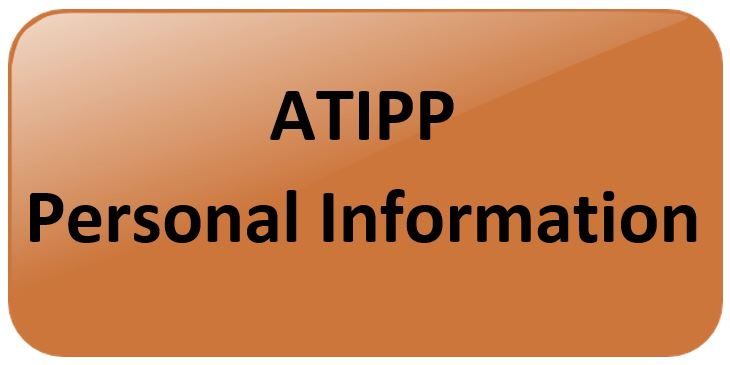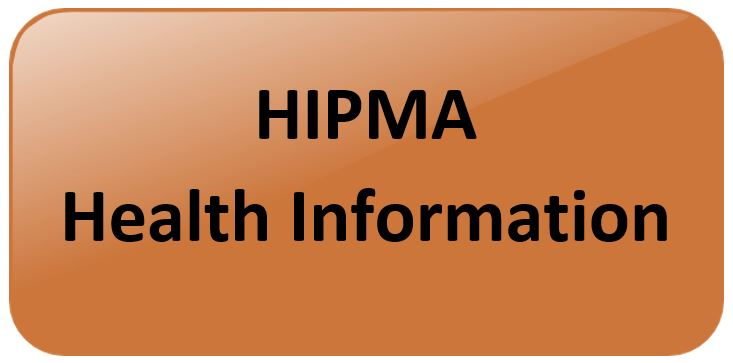Yukon Information and Privacy Commissioner
I Have Concerns about Privacy
In the Yukon, the privacy of your personal information is protected by two laws.
Access to Information and Protection of Privacy Act (ATIPPA) protects your personal information held by public bodies such as Yukon government departments, Yukon Hospital Corporation, Yukon Housing Corporation, Yukon Liquor Corporation, Yukon Lottery Commission, Yukon University, Yukon Workers' Compensation Health and Safety Board, Yukon Energy Corp., and some boards and commissions established as an agent of government.
Health Information Privacy and Management Act (HIPMA) protects your personal health information held by custodians. Custodians include operators of health care facilities and hospitals, the Government of Yukon Department of Health and Social Services, the Child Development Centre and most health care providers including physicians, nurses, dentists and related professionals, pharmacists, physiotherapists, psychologists, optometrists, occupational therapists, nurses, midwives, naturopaths, speech pathologists and chiropractors.
Both ATIPPA and HIPMA set out rules that public bodies and custodians must follow in respect of your personal and health information.
Please click one of the following options to read more about the privacy issues that suit your concerns:
Relevant FAQs
- Is the Information and Privacy Commissioner part of government?
No, the Information and Privacy Commissioner (IPC) is an independent officer of the Yukon Legislative Assembly and is, therefore, not part of the Yukon government.
In Yukon, the IPC is the same person as the Ombudsman and the Public Interest Disclosure Commissioner. Click on each role for more information.
The IPC is responsible for monitoring compliance with the Health Information Privacy and Management Act (HIPMA) and the Access to Information and Protection of Privacy Act (ATIPP).
ATIPP applies to Yukon public bodies, such as Yukon government departments. HIPMA applies to custodians (see ‘What is a custodian?’). For more information about HIPMA see the HIPMA FAQ section.
The IPC has a number of responsibilities under these Acts and has broad authority to investigate complaints made, including the power to compel production of records and witnesses. Under ATIPP and HIPMA, the IPC also has adjudicative authority which means her office can make findings of fact and law that are binding on public bodies and custodians subject to the Acts.





 @YukonOmbIpcPidc
@YukonOmbIpcPidc
 @yukonombipcpidc
@yukonombipcpidc
 Omb @yukonombudsman
Omb @yukonombudsman